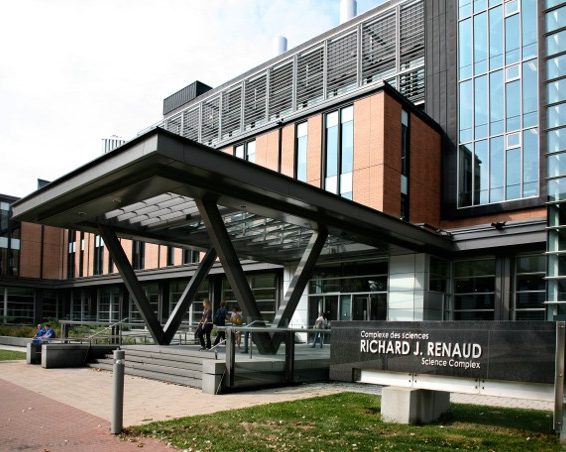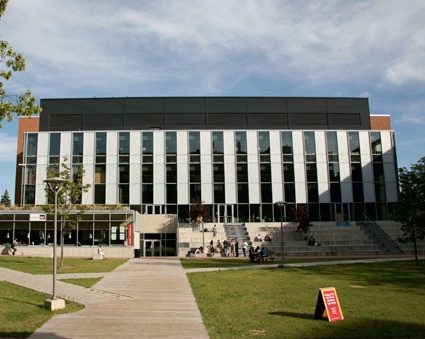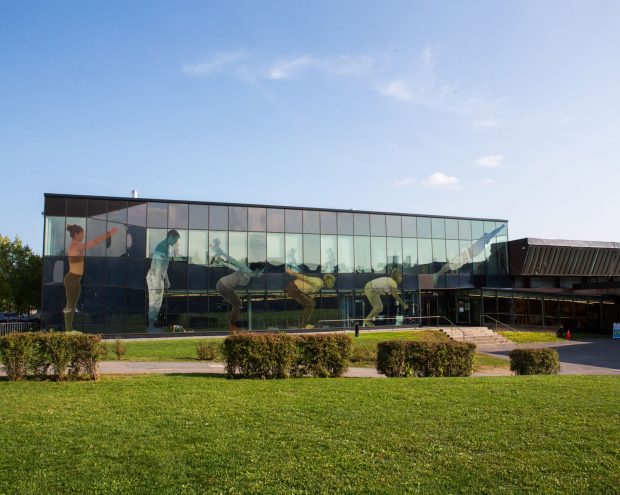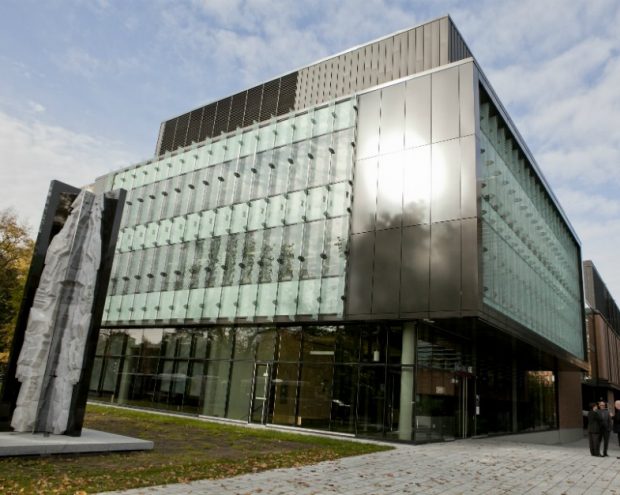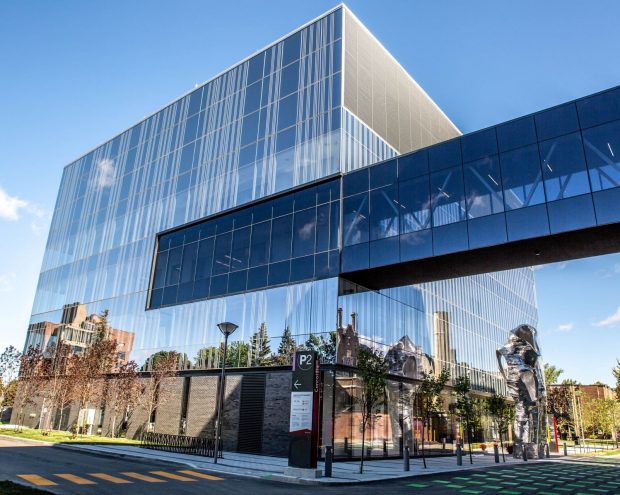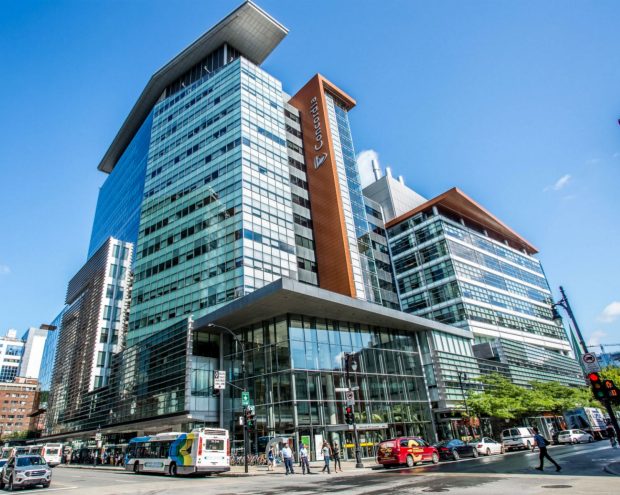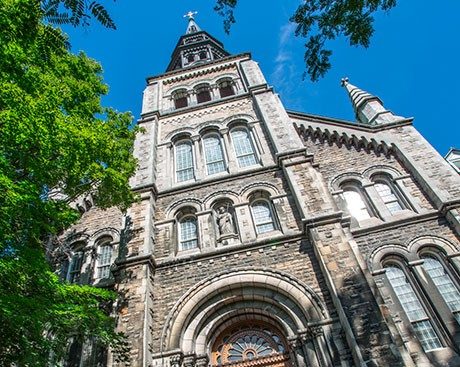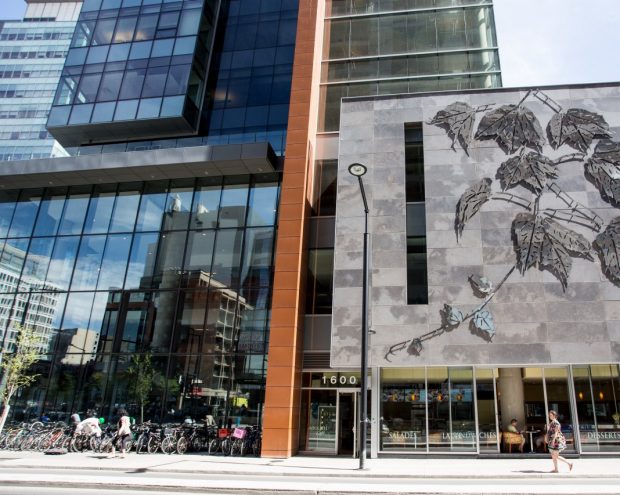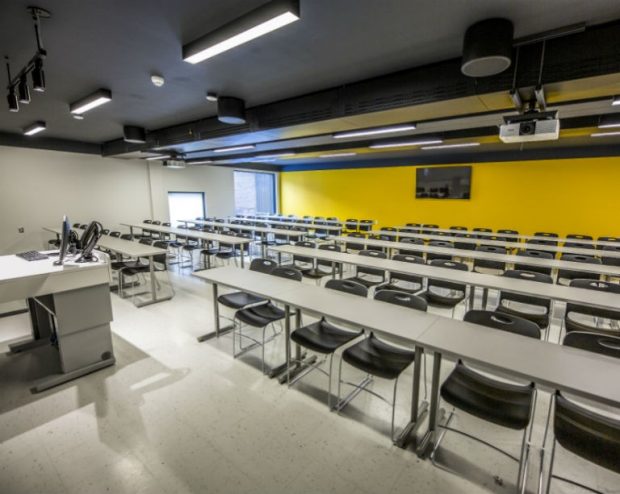Concordia's history
The ideals of the university’s founding institutions continue until today.
Located in the vibrant and multicultural City of Montreal, Concordia University places among the top-ranked universities worldwide founded within the last 50 years and among the largest urban universities in Canada.
This is our story
While Concordia’s next-generation thinking allows it to constantly look forward, its roots are firmly planted in two distinctive institutions of higher education, both with illustrious histories. The university was officially founded on August 24, 1974, following the merger of Loyola College and Sir George Williams University.
Concordia adopted its name from Montreal’s motto, Concordia salus, which means “well-being through harmony.”
Founding institutions
The university’s core values, including a commitment to contributing to improving individuals and society, stem from those long prized by Loyola and Sir George Williams.
Loyola College
Loyola College grew out of the English-language program of Collège Sainte-Marie, a Jesuit college founded in 1848. Loyola College became a separate institution in 1896. Loyola was first located in downtown Montreal before it relocated to land it acquired in 1900 in the city’s west end. The college moved into the three original buildings on the current Loyola Campus in 1916.
 Central Building on Loyola Campus, Feb. 1988
Central Building on Loyola Campus, Feb. 1988
Sir George Williams University
Sir George Williams University originated in the evening classes offered by a YMCA Educational Program that began in 1851 and continued in various YMCA facilities in downtown Montreal. The program became a co-educational college in 1926, introducing university-level courses in 1929. Sir George Williams conferred its first university degrees in 1936 and earned its university charter — under which Concordia currently grants degrees — in 1948.
Visit Records Management and Archives to read more of the history of Concordia, Loyola and Sir George Williams.
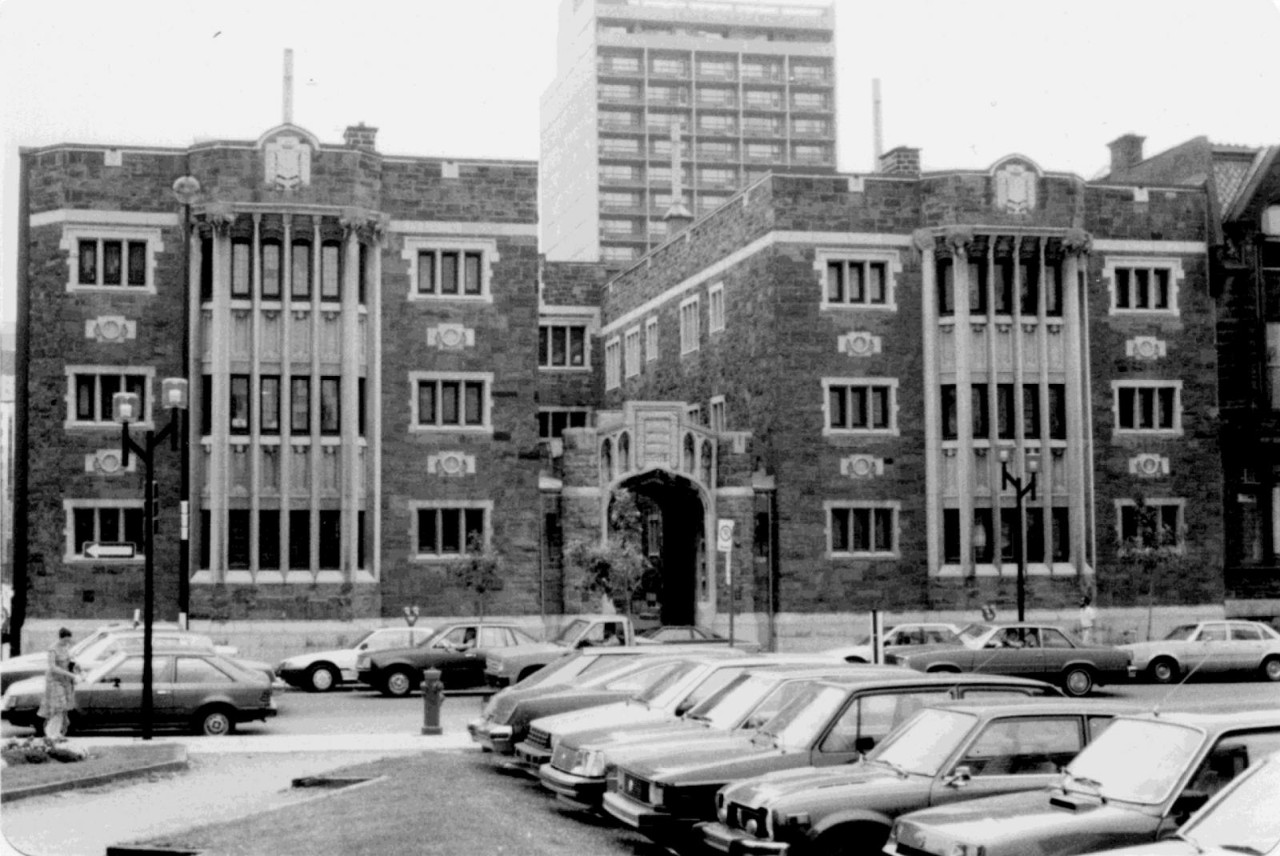 Bishop Court before the construction of the J.W. McConnell Building
Bishop Court before the construction of the J.W. McConnell Building
Steady growth
Throughout its history, Concordia has experienced steady and impressive growth in enrolment, number of faculty and staff, and research.
By the 2023-24 academic year, student enrolment stood at 49,714, more than double the number at Concordia’s founding.
Concordia has received more than $35 million in Canada Foundation for Innovation funding since the Government of Canada created the program in 1997 to support Canadian research infrastructure.
In 2000, the Canadian government initiated the Canada Research Chair Program to establish 2,000 research professorships across the country. In 2004, Concordia had three Canada Research Chairs; by 2020, that number jumped to 28.
In 2019, Concordia welcomed Ursula Eicker as the Canada Excellence Research Chair (CERC) in Smart, Sustainable and Resilient Communities and Cities. Eicker was the university’s first hire through CERC, which awards up to $10 million over seven years to establish ambitious research programs.
In 2022, the university launched the Applied AI Institute to advance interdisciplinary AI research and partnerships in fields like health care, cybersecurity and smart cities. The institute collaborates with industry and government to provide real-world solutions and specialized training programs, with an overarching focus on the ethical integration of applied AI technologies.
2023 was an especially noteworthy year for Concordia which included:
- The launch of PLAN/NET ZERØ, an initiative aimed at achieving carbon neutrality by 2040 by transforming the university’s campuses into living labs for green energy and sustainability, while creating scalable solutions that can serve as a model for cities worldwide.
- The launch of Concordia’s School of Health, an institution that unites faculty members at the intersection of disciplines to collaborate on a range of health-related approaches. The school engages citizens, community groups, policymakers and other stakeholders to further health research while expanding training capabilities.
- Receiving a $123 million grant from the federal government’s Canada First Research Excellence Fund to advance electrification and decarbonization research across academia, industry and Indigenous groups, while creating resilient and sustainable climate solutions for communities in Canada and beyond. Concordia’s electrification research program, called Volt-Age, brings together more than 140 researchers to address the technological challenges of electrification, as well as policy and development requirements.
- Led by Karim Zaguib, Volt-Age is forging solutions to electrify society and decarbonize communities through applied research that integrates technologies for carbon-neutral buildings, advanced energy storage, smart grids, and the electrification of transportation.
Discover what Concordians achieved first in Montreal, Quebec, Canada and the world.
Building expansion
The university also saw tremendous infrastructure growth on both of its campuses since 2003 (see more in the timeline). The following buildings were opened during that period.
Loyola Campus
Sir George Williams Campus
More to explore
- Find out about Concordia’s leaders through the years.
- Discover what Concordia achieved first in Montreal, Quebec, Canada and the world.
- Learn more about the university’s notable leaders, prominent researchers, entrepreneurs, artists, athletes and thinkers.



